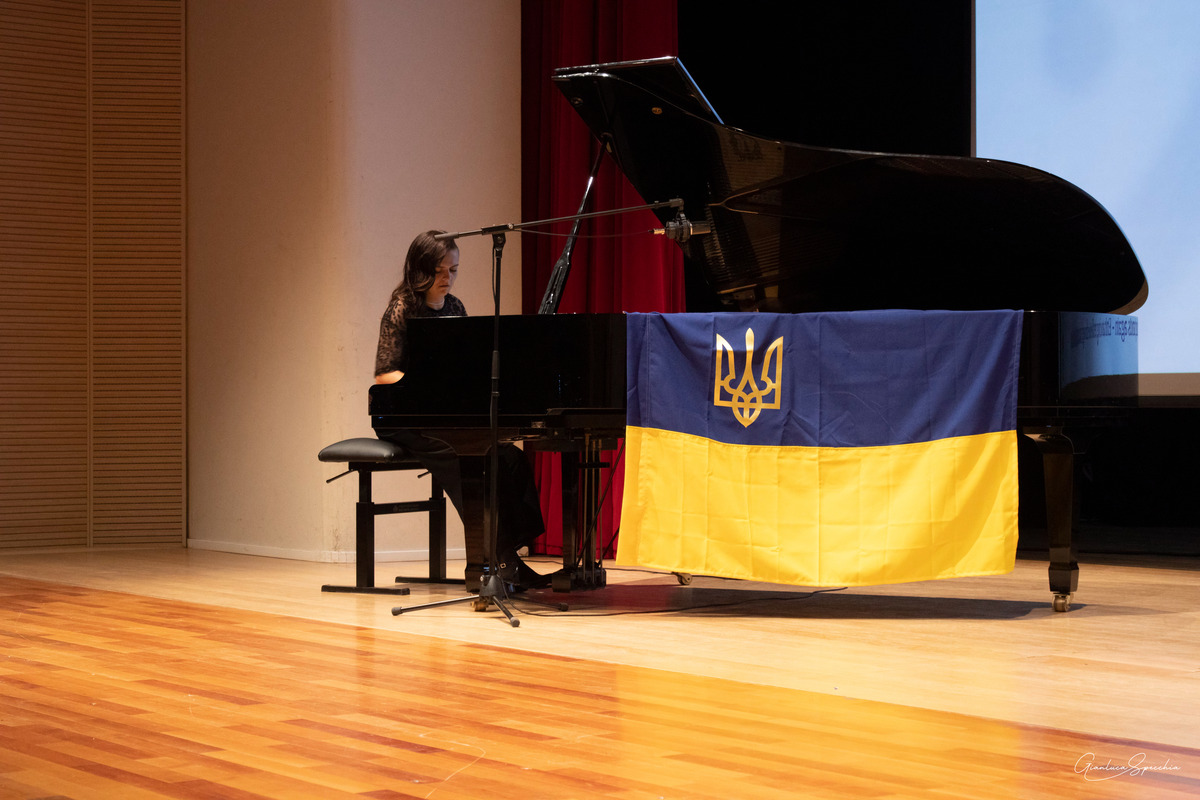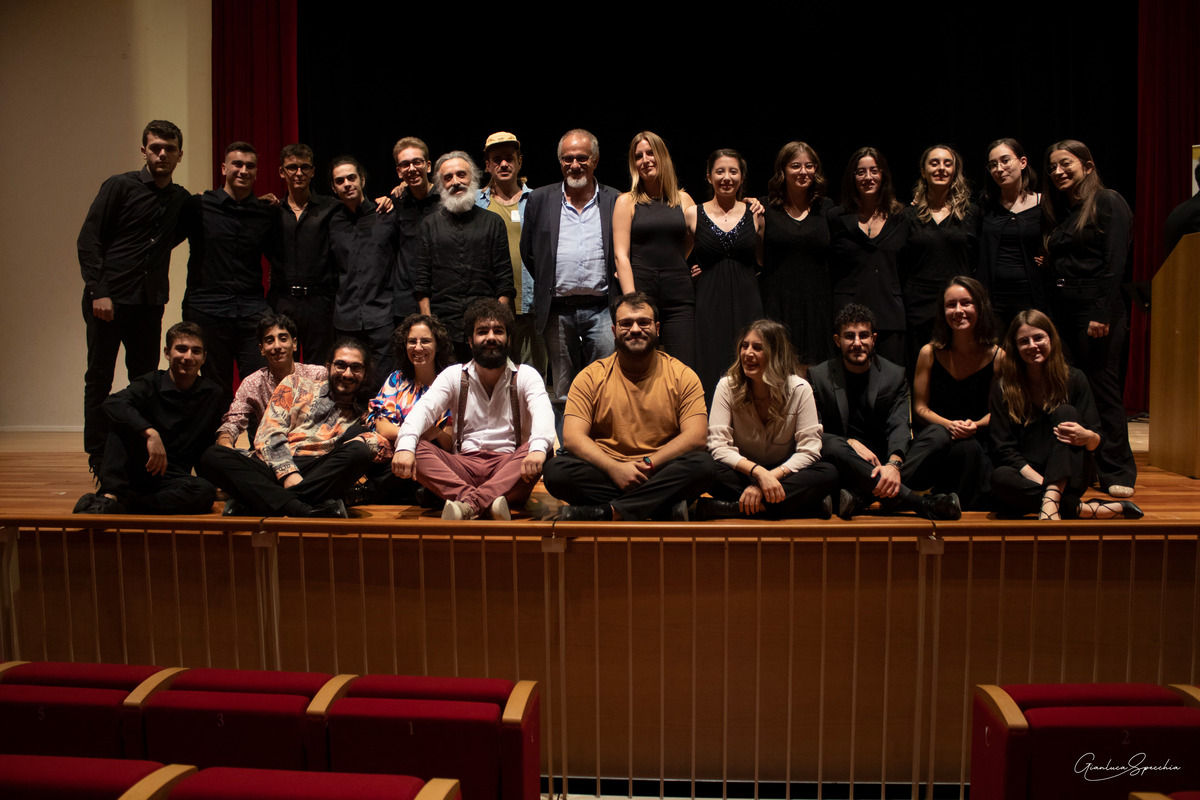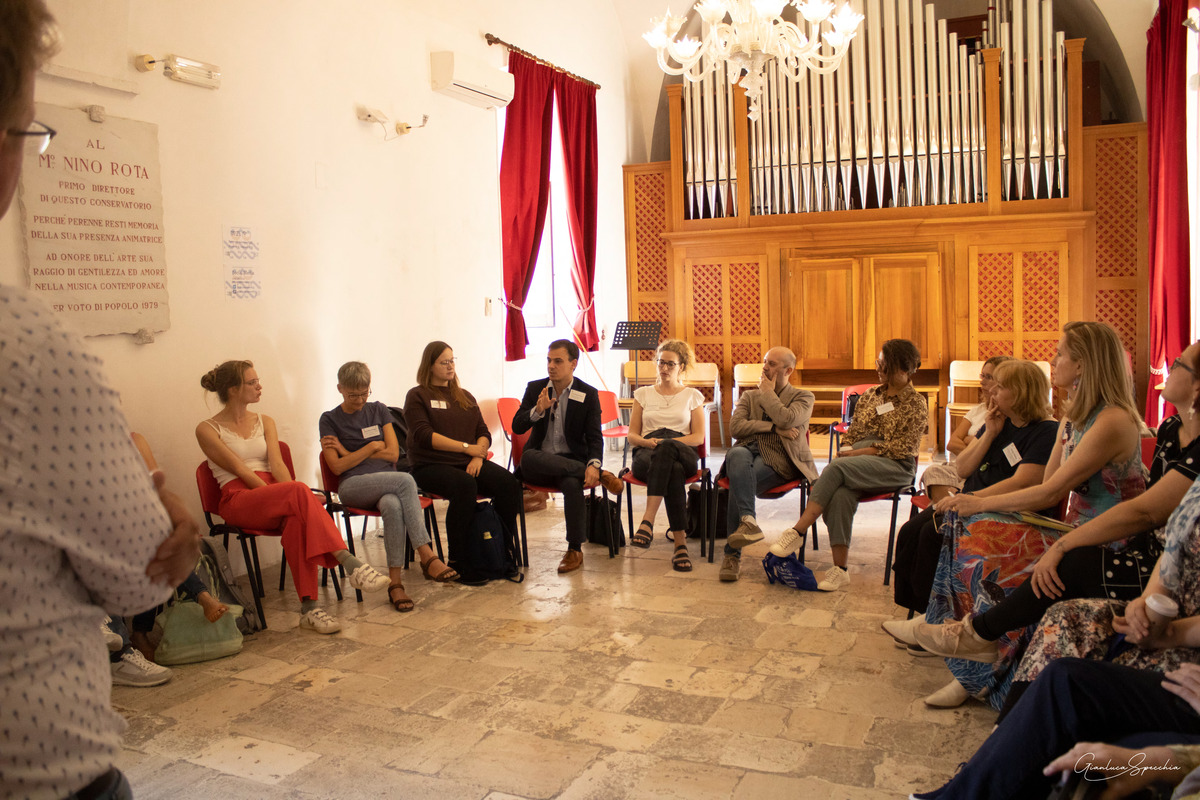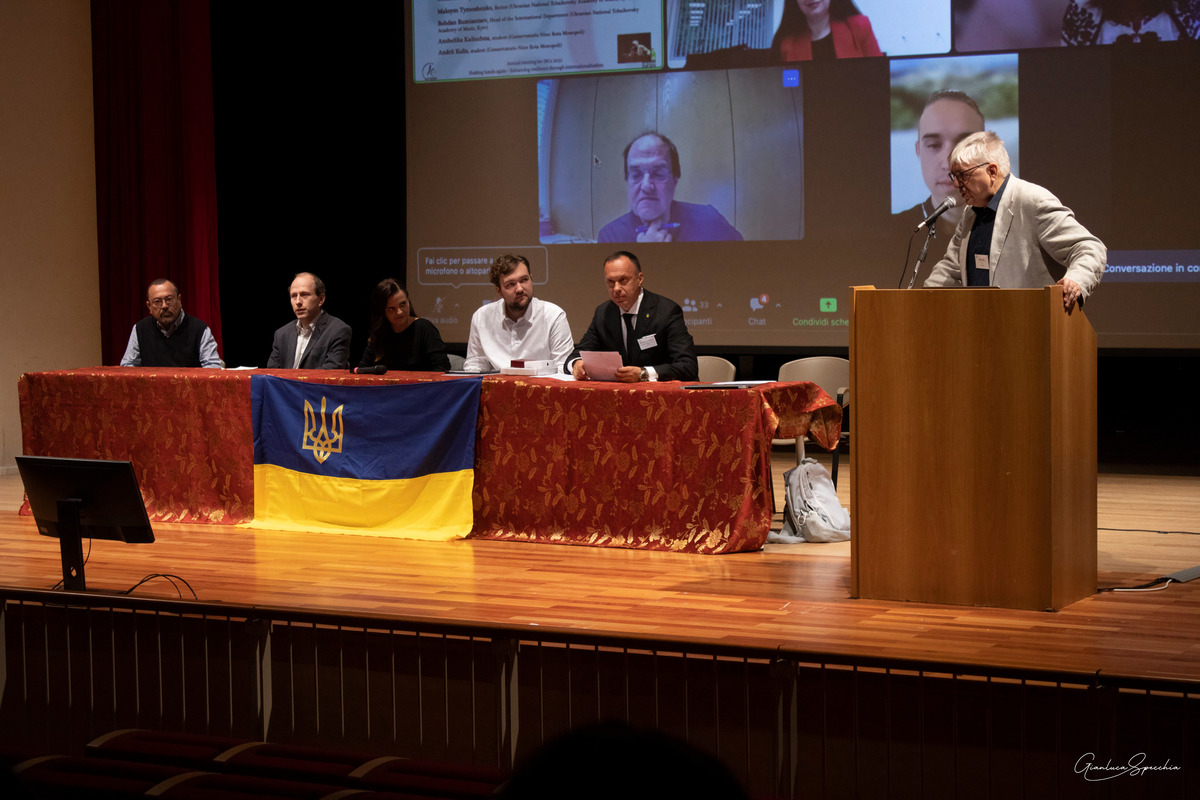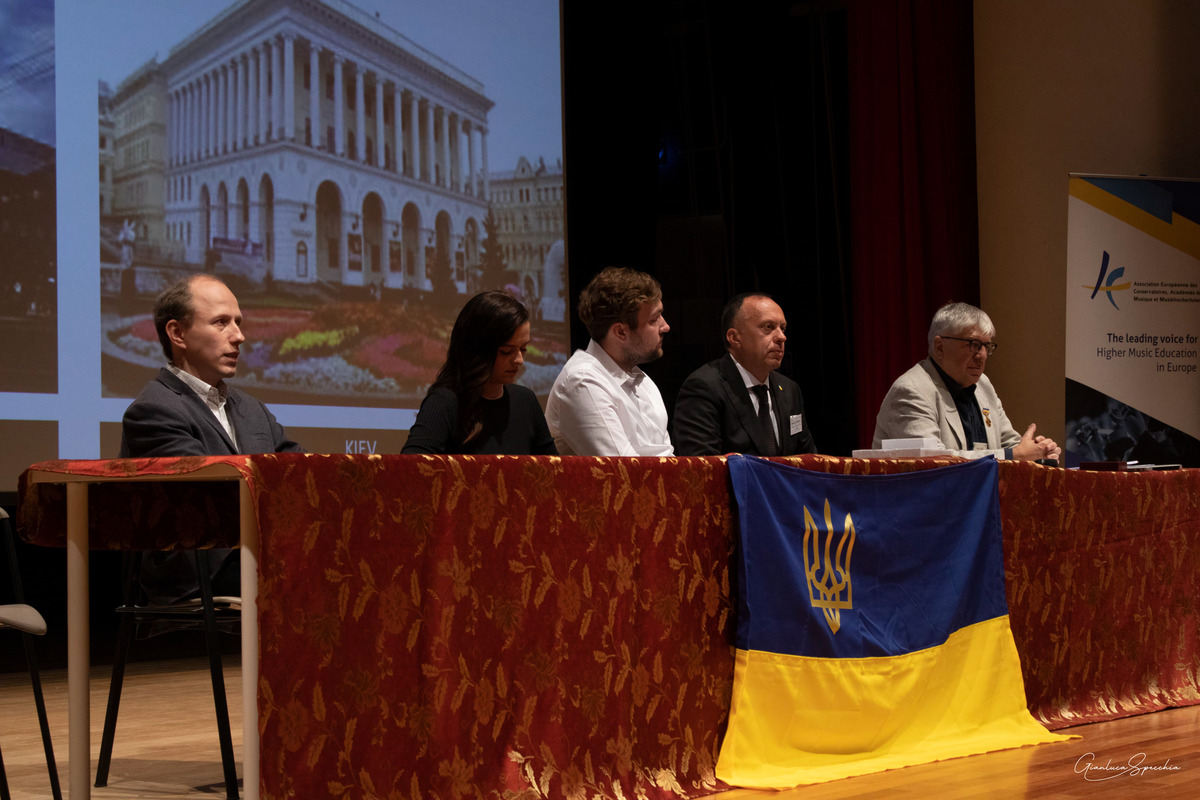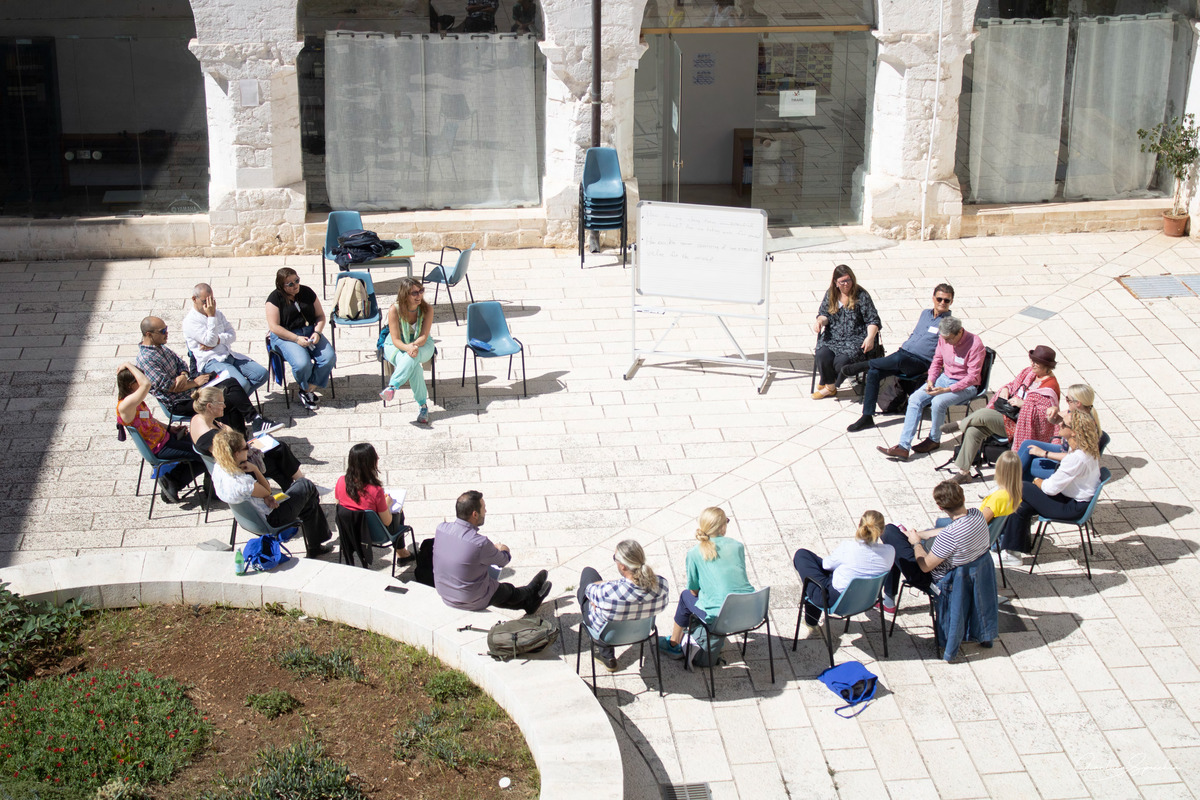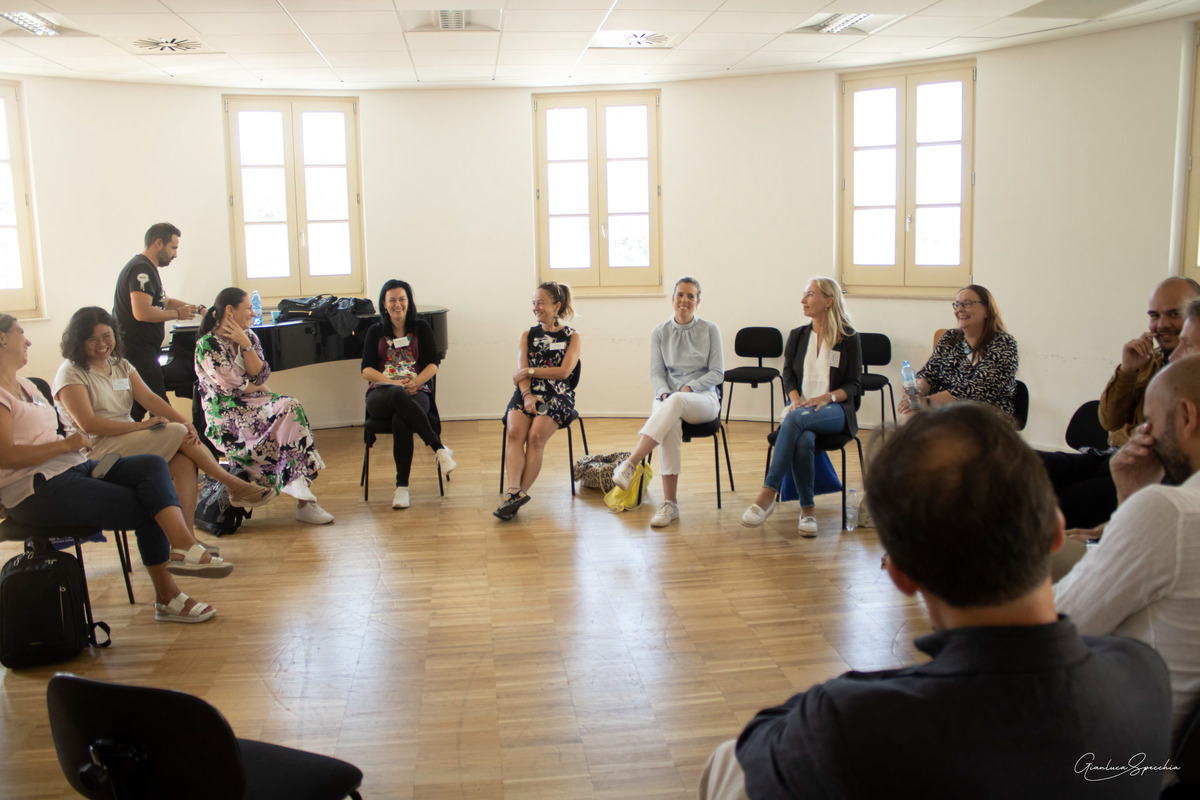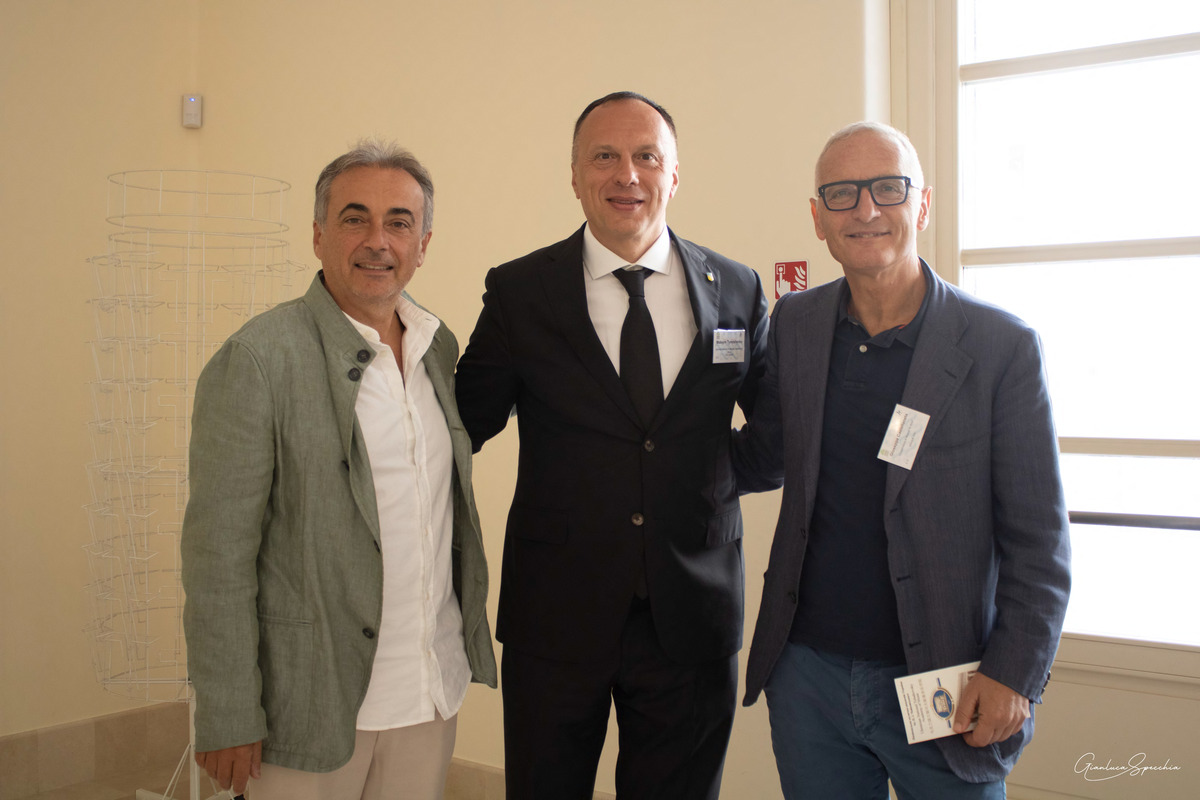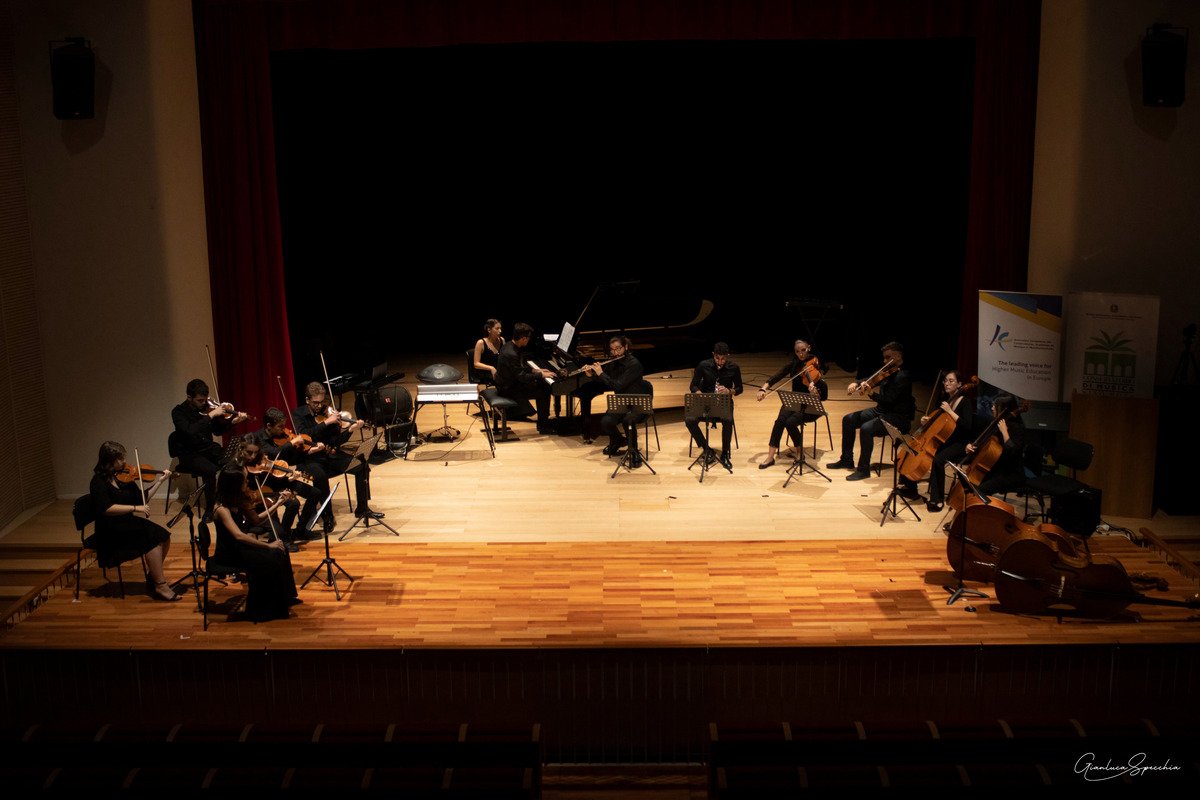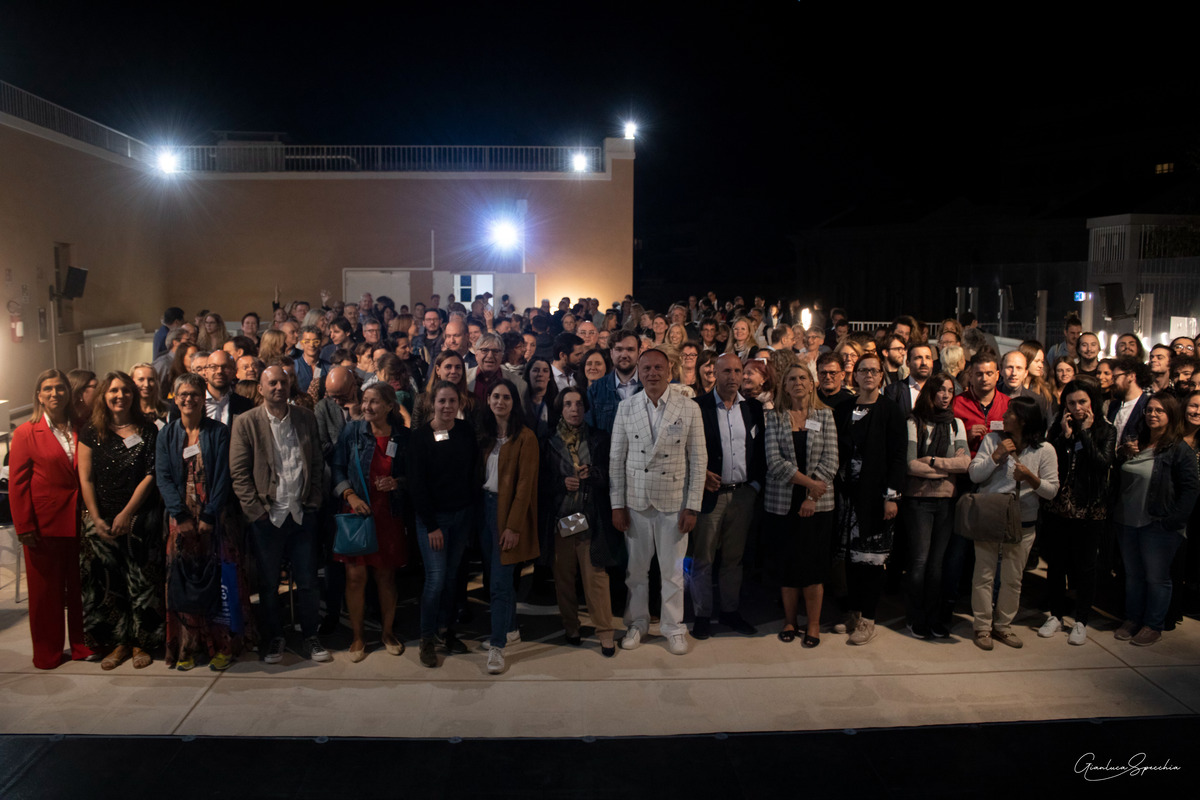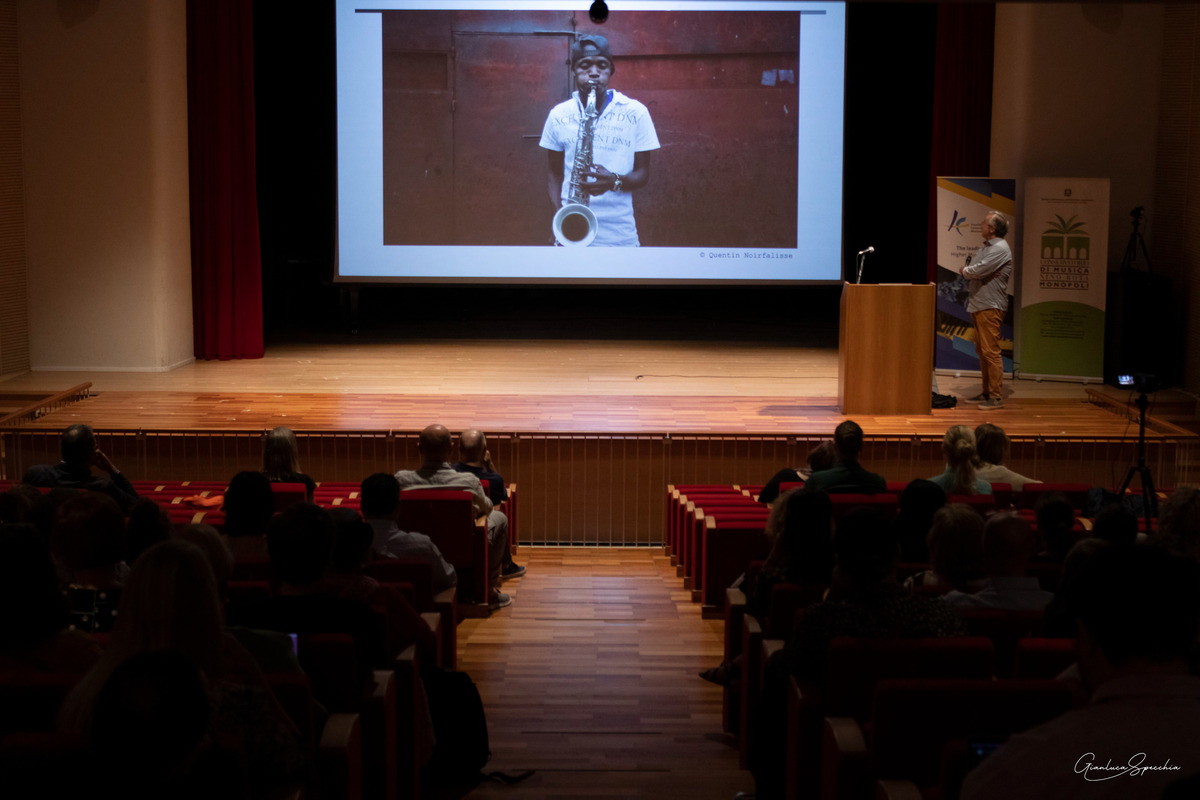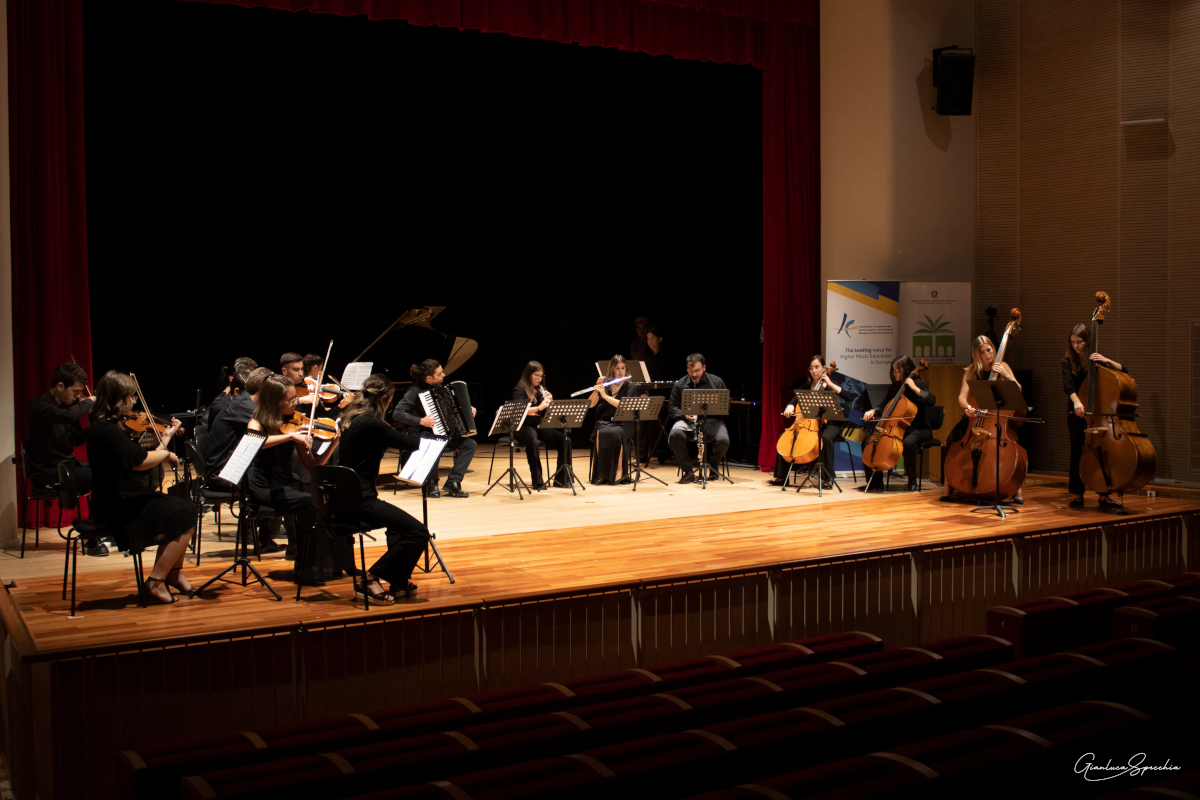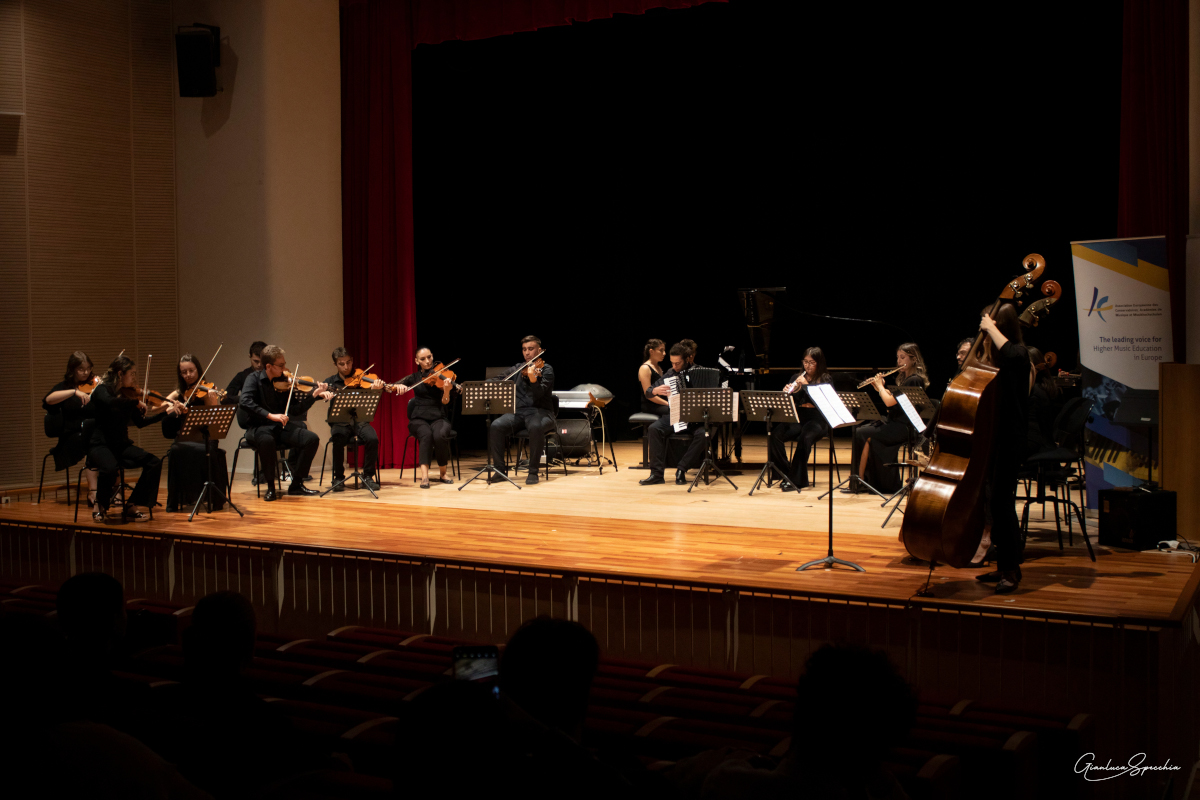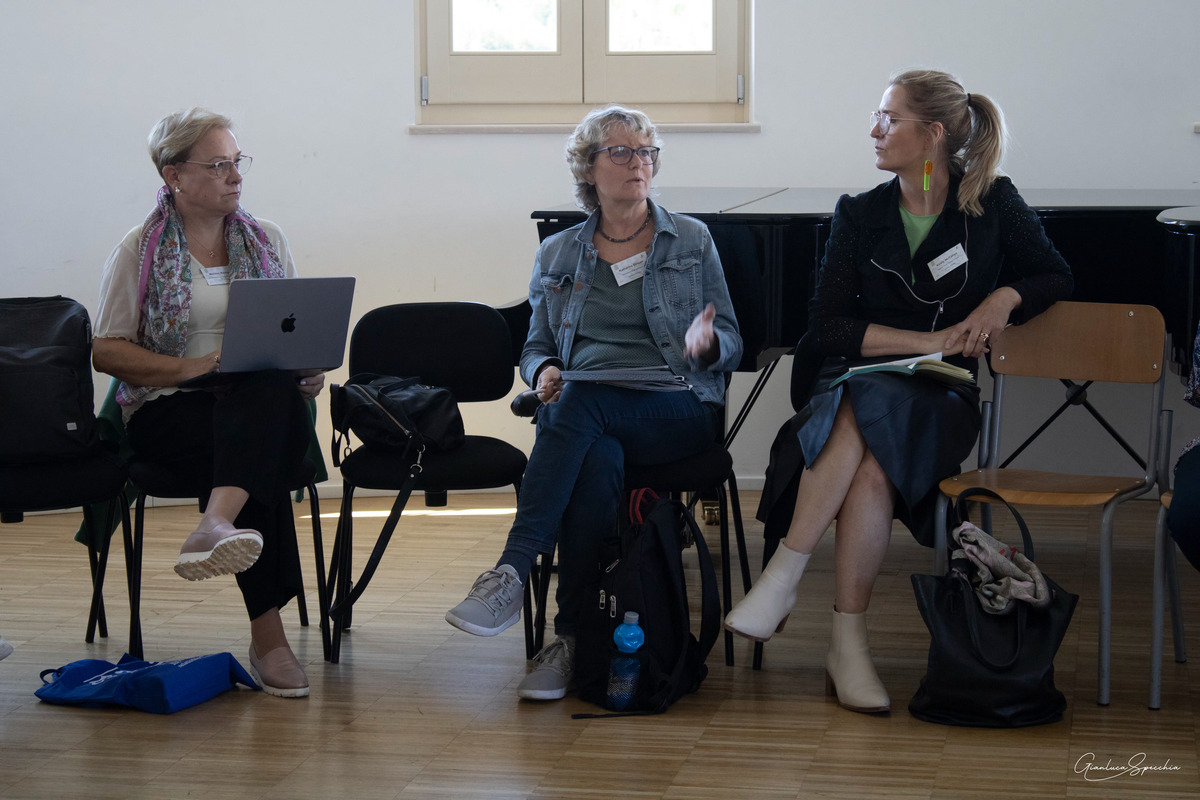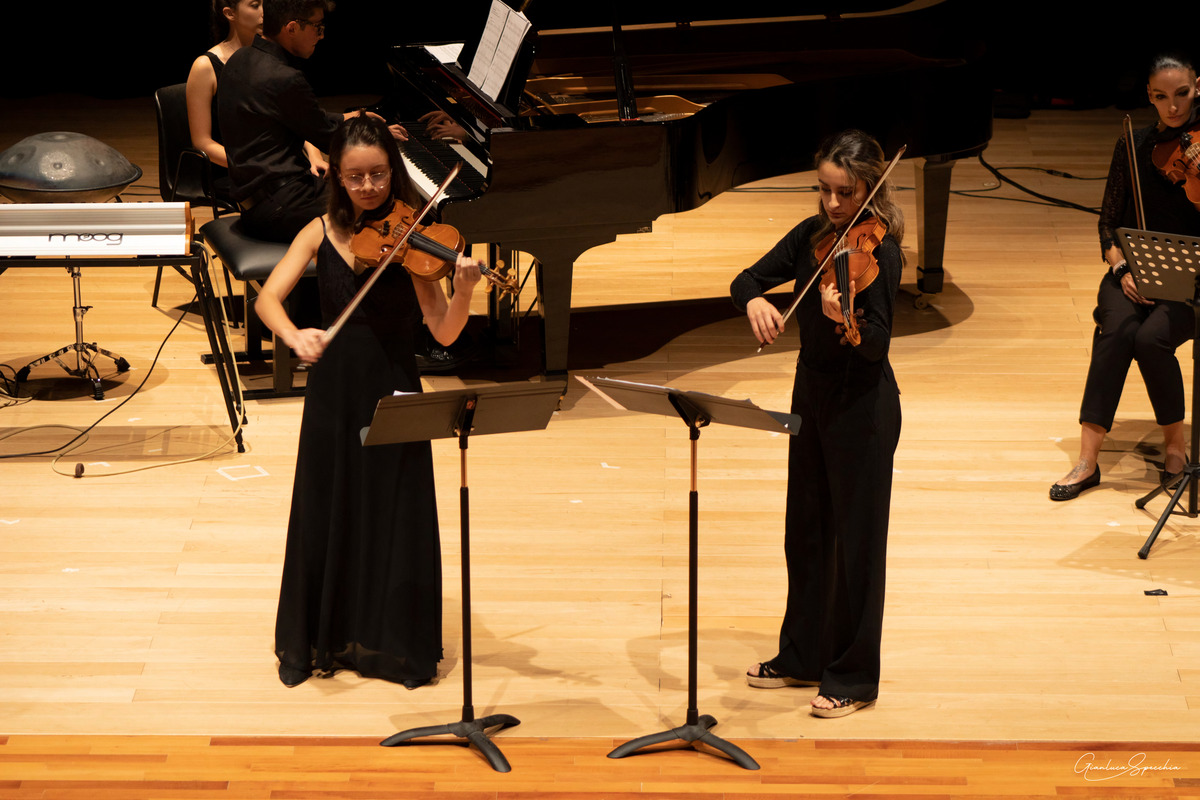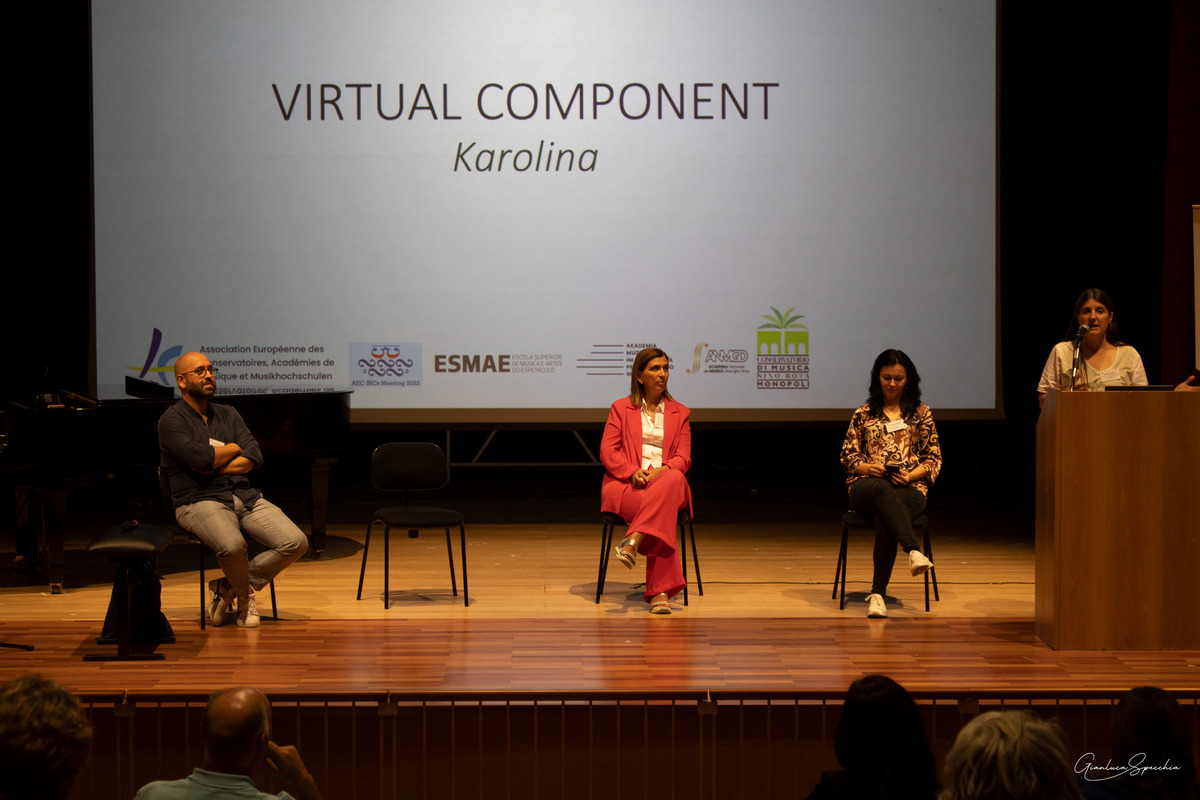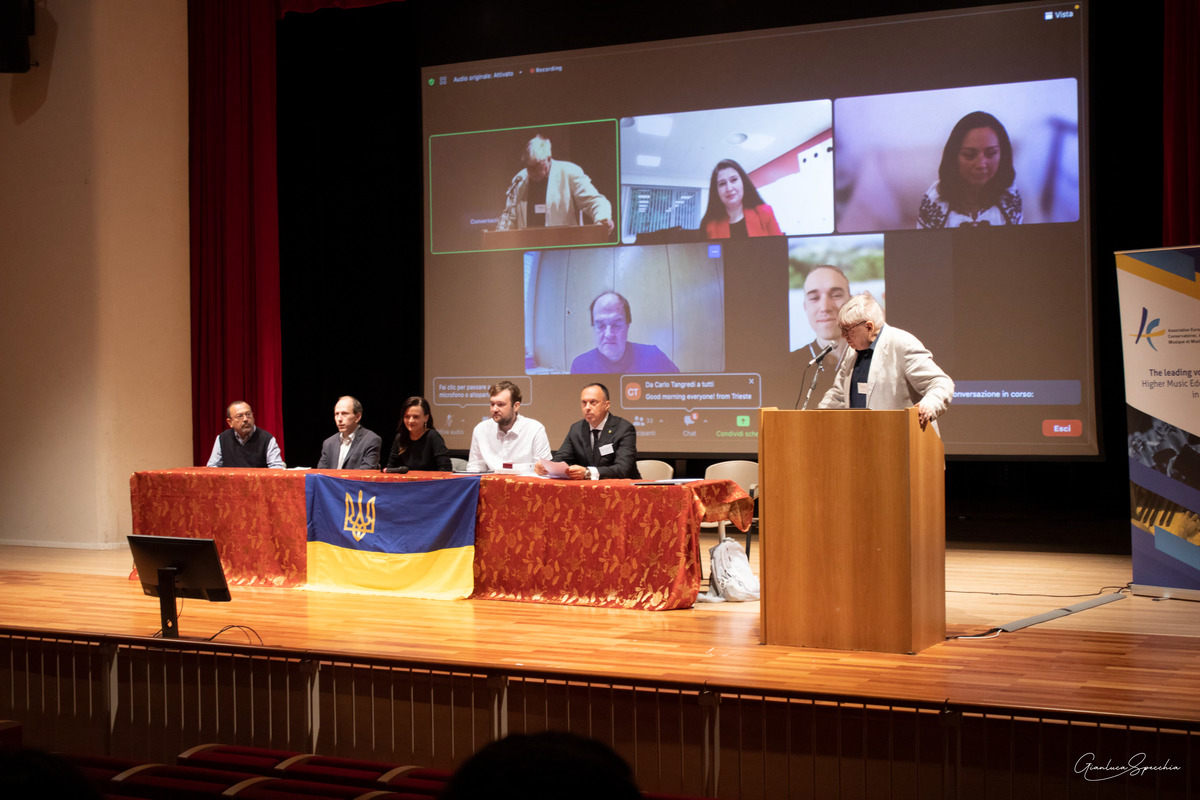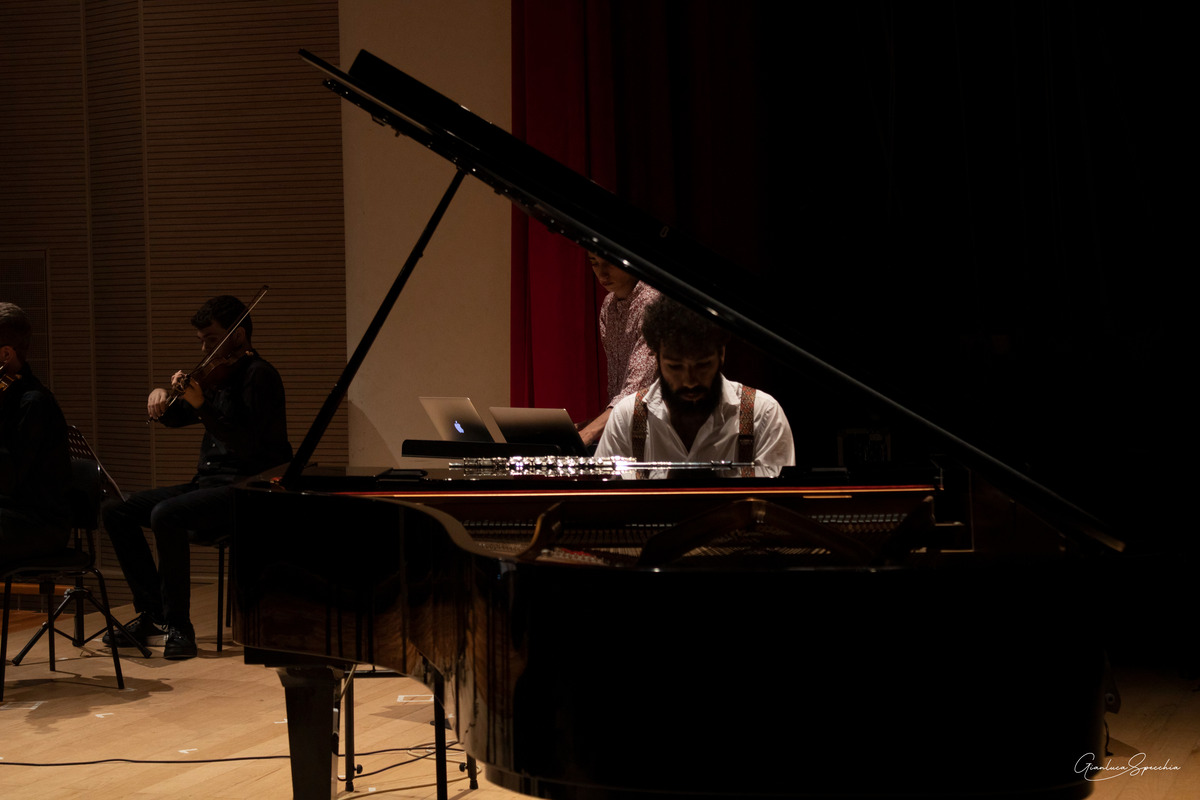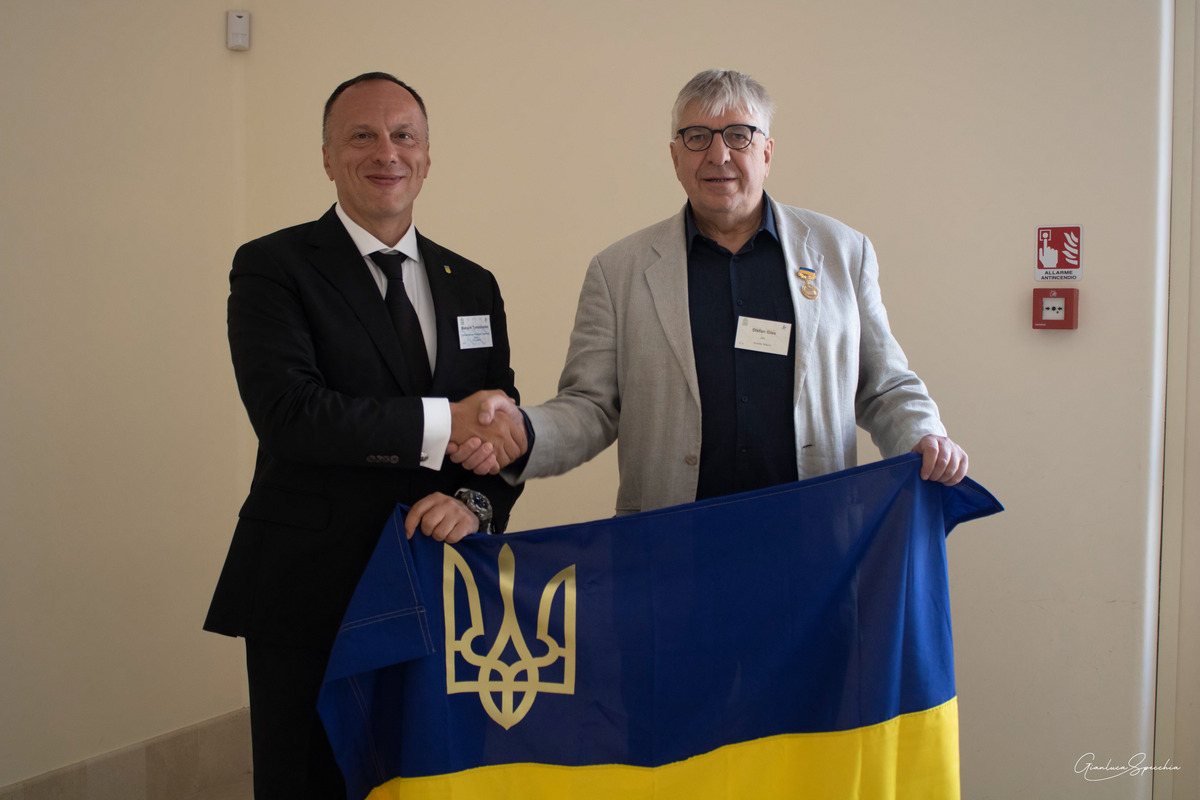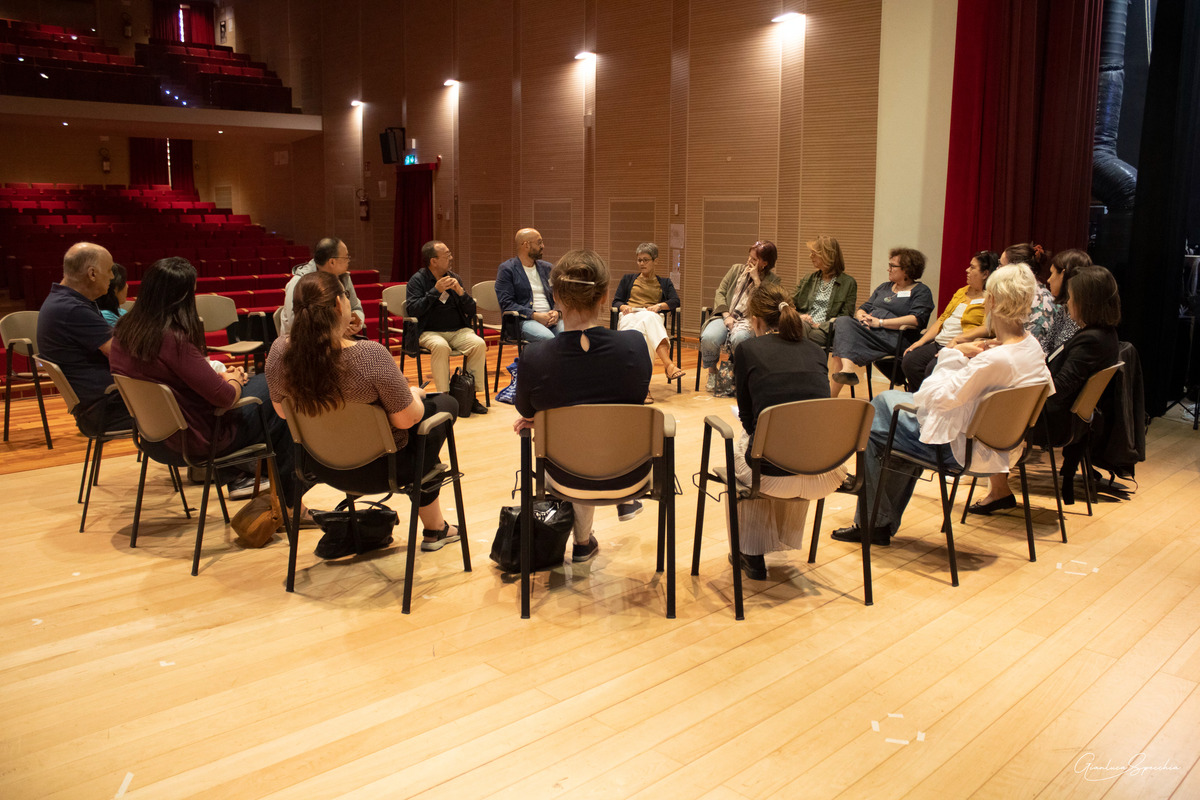Erasmus
What is Erasmus+?
Erasmus+ is the EU programme for education and training in Europe.
The 2021-2027 programme places a strong emphasis on social inclusion, green and digital transition and promoting young people’s participation in democratic life.
It supports the priorities and activities set out in the European Education Area, the Digital Education Action Plan and the new Skills Agenda for Europe. In addition, the programme
- supports the European pillar of social rights
- implements the EU Youth Strategy 2019-2027
Student Mobility
Staff Mobility
Administrative and teaching staff employed in a higher education institution based in a Programme Country may participate in a staff mobility to update their skills (staff training).
The Programme offers the opportunity to improve, diversify and update their skills.
Place of activity
The host organisation must be:
- a higher education institution from a Programme Country and holder of an ECHE or a higher education institution from a Partner Country recognised by the relevant authorities. In both cases, the two organisations must sign an Interinstitutional Agreement before the start of the mobility
- any public or private organisation (not holder of an ECHE) based in a Programme Country or in a Partner Country and active in the labour market or in the field of education, training, youth, research and innovation
Duration of activity
Staff mobility ranges from a minimum of 2 days to a maximum of 2 months, excluding travelling time.
For mobility from Programme Countries to Partner Countries, the duration of the Activity ranges from 5 days to 2 months.
In both cases, the minimum length of stay must be consecutive days.
Minimum documentation required
Before carrying out the mobility period, the outgoing staff, the sending organisation and the host organisation must sign a mobility agreement: the Mobility Agreement.
Staff cannot apply directly for a subsidy; the selection criteria for participation in mobility activities and Blended Intensive Programmes are defined by the higher education institution where they work.
When to apply
Applicant institutions must submit the application for a subsidy by the deadline defined in the relevant Call for proposals published annually by the Conservatoire.
Teaching staff working at a higher education institution based in a country participating in the Programme may participate in a teaching mobility project.
Teaching mobility may be combined with a period of training to update their skills.
Place of activity
The host organisation must be a higher education institution in a Programme Country holding an ECHE or a higher education institution in a Partner Country recognised by the relevant authorities. In both cases, the two organisations must sign an Interinstitutional Agreement before the start of the mobility.
Duration of activity
Mobility for teaching staff ranges from a minimum of 2 days to a maximum of 2 months, excluding travelling time.
For mobility from Programme Countries to Partner Countries, the duration of the activity ranges from 5 days to 2 months.
In both cases, the minimum length of stay must be consecutive days.
The planned teaching activity is at least 8 hours per week: this is also required for shorter stays. If the mobility lasts longer than one week, the number of teaching hours are counted proportionally.
If the teaching period also includes a period of training to update skills, the number of teaching hours required for one-week stays (or shorter stays) is 4 hours.
Minimum documentation required
Before carrying out the mobility period, outgoing staff, the sending organisation and the host organisation must sign a specific mobility agreement: the Mobility Agreement.
Staff cannot apply directly for a subsidy; the selection criteria for participation in mobility activities and Blended Intensive Programmes are defined by the higher education institution where they work.
When to apply
Gli istituti candidati dovranno presentare la domanda di sovvenzione entro la scadenza definite nella relativa Call for proposals pubblicata annualmente dal Conservatorio.
Whom to contact
Contact person: Maestro Tagliente Domenico
E-mail: erasmusrota@gmail.com
FAQ
Study mobility consists of spending a period of study at a foreign Conservatoire, Hochschule, Academy or University. The student is required to attend courses and take examinations at the foreign host institution.
Traineeship mobility is a period of training placements to be carried out at institutions.
The student must know how to organise his or her work abroad and be able to carry out assignments independently. He/she is not required to attend courses and take examinations but will have to submit a record of the work carried out abroad.
The amount of the scholarship depends on the place of arrival and the duration of the mobility.
It is a lump sum and includes everything, food, accommodation, transfer.
Usually 80% of the total amount is paid before departure.
The remaining 20% is awarded upon return, after submission of all the required documentation and proof of attendance at the courses/internship abroad.
You need to complete a separate application for each location.
The video must be submitted at the time of registration. There is a special section in the online form where you can upload videos of your performances. This is your ‘distance audition’ so that teachers abroad can see your level of preparation.
It is usually confirmed within 2-3 weeks.
Each institution, however, informs the candidate of a deadline for acceptance.
If the application for mobility is accepted, the candidate can take advantage of a licence to study a foreign language online. The costs of the licence are borne by the Conservatoire, the choice of language is at the candidate’s discretion.
Always consider the Academic Year being divided into semesters. You could leave in October if you want to attend the winter semester or March for the summer one.
Please note: each country has different calendars, always consult the website of the location you have chosen.
The programme of the foreign institution varies from location to location: check the website.
Your proposal, however, is preliminary; it can be modified once the host institution has accepted your application.
Generally, it is better to take the core, or characterising, subjects.
The Study Plan is completed with other subjects, based on the host institution’s offer.
It is possible to renounce the scholarship, before departure, without any consequences.
After the acceptance of applications by the foreign institutions, however, the renunciation must be justified by serious documented personal or family reasons.
Those who renounce after having already signed the contract, or after departure, must return the scholarship received in full, even if they have already spent part of it on travelling and accommodation abroad.
After the three-month stay abroad the renunciation technically becomes an early return, and must be assessed on a case-by-case basis with the International Relations Coordinator of both institutions.

